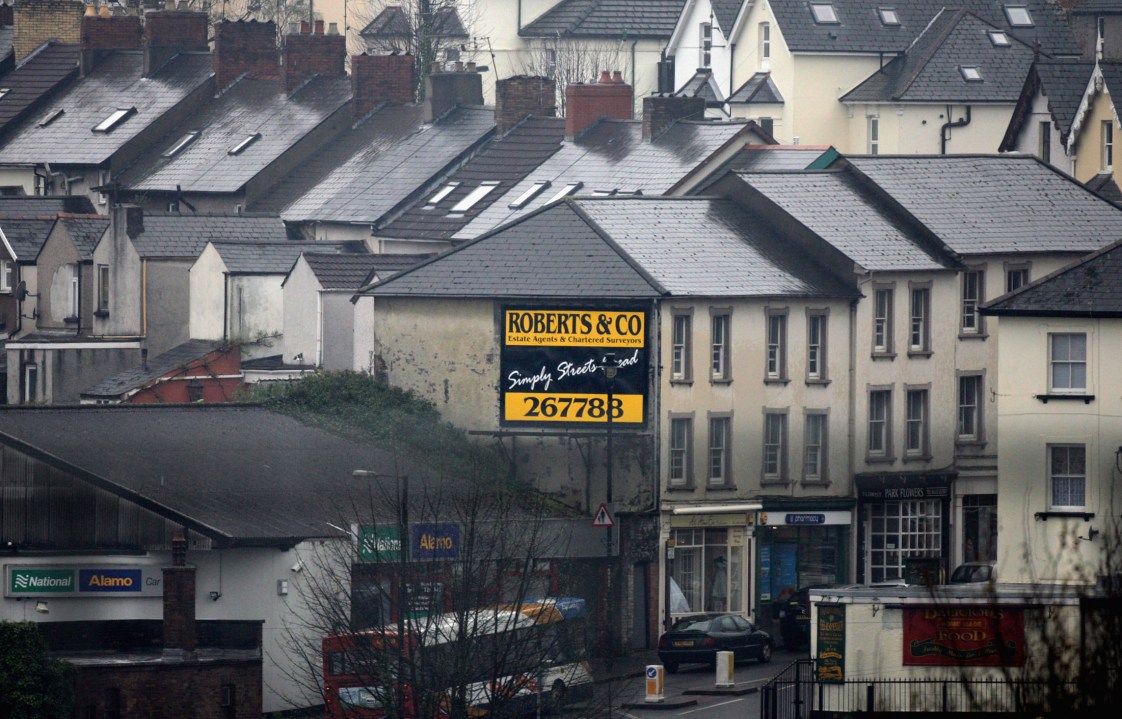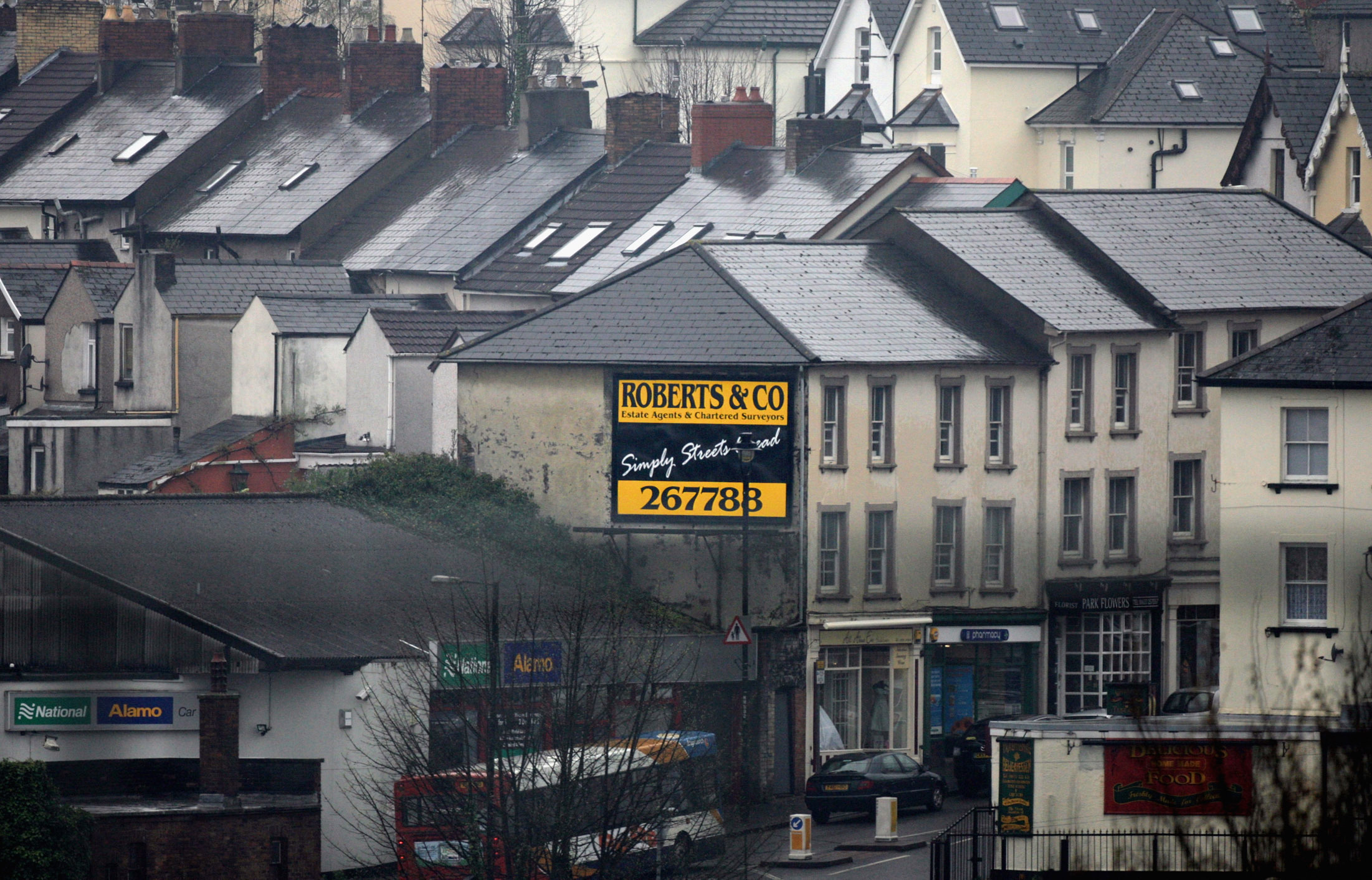 Depending on who you read, the planned £400 a week cap on housing benefit is
either comparable to Nazi concentration camps, death squads in Brazil, or ethnic cleansing in the Balkans Critics have ranged from the Mayor of London to the ultra Left.
Depending on who you read, the planned £400 a week cap on housing benefit is
either comparable to Nazi concentration camps, death squads in Brazil, or ethnic cleansing in the Balkans Critics have ranged from the Mayor of London to the ultra Left.
So it is worth taking a moment to get some perspective. Firstly, the general caps on housing benefit don’t even impact on social tenants because they pay lower, subsidised rents, (though the £26,000 cap on the total amount of benefits per household might hit them). But for housing benefit claimants in the private sector outside London, less than 1% are affected by the cap. And even in London 9 out of 10 of private renters claiming housing benefit will be totally unaffected.
Out of the 17,400 households in London who rent privately and claim large sums of housing benefit, and so are most affected, some may have to move from large, expensive, properties to less nice ones in their borough. Or in some cases, choose to move from their existing London borough to a neighbouring one, if that’s what they prefer. But this happens all the time for most people.
Take a pair of teachers who have lived in a flat in Islington for a decade but want to start a family. Do you think that they can afford to rent a family home there? Of course not – despite living there for years they have to move to a cheaper area. So this isn’t about singling out low income and welfare dependent people – it’s just about treating them like the same as everyone else.
All this noise and fury over a cap that will save £55 million next year is ignoring the real injustice of housing benefit in expensive areas. The Joseph Rowntree Foundation did a study that showed a household in a high rent area relying on housing benefit saw an effective tax rate of 90% as they tried to increase their income through work, because of the way they lost benefits. This is why inner London, for all its prosperity, also has some of the worst concentrations of unemployment, poverty and welfare dependency in the country.
So letting someone on basic wages keep just 10p in a £1 pay rise or extra hour’s work is what those who argue against the cap are defending – and all in the name of social justice. But if
they really wanted to help those on low incomes, they should be asking why rents and housing costs across the UK are so high in the first place. That’s a question that government might also find
useful as it grapples with the £21 billion housing benefit bill.
Alex Morton is a Research Fellow in Policy Exchange’s Economics Unit.







Comments